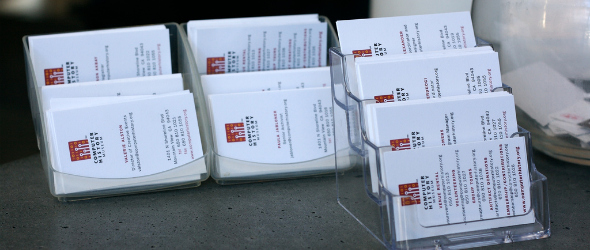
*Post 9 in the 30 Posts in 30 Days Challenge
Sometimes it feels like we live in such a strange world. We’re expected to know so many things about ourselves, particularly about our futures, before we even know where to begin.
One of those key moments is when we graduate high school. At this stage, we’re often expected to know what kind of job or career we want in the future, and pick a post-secondary education that works toward it. The strange thing is that we’re expected to know these things usually not really knowing what it means to do that kind of job. It’s hard to know if you’ll like something until you actually do it. I mean we can estimate and predict, but the certainty doesn’t come until you actually get the job, and by then, you’re pretty invested and it can be difficult to leave.
In medicine, that situation doesn’t end when you get in medical school. Once you get into medical school, you realize that you have to apply for residency in a few years, and for very competitive specialties (such as dermatology, plastic surgery, etc.) that means knowing early on that you want to pursue those areas so you can build your resume and put together a good application several years down the line.
In going through medical school, it has taken me more than a year to figure out what I want out of medicine, and it certainly isn’t anything close to what I thought going into medical school, and not even close to what I imagined when I first thought about medicine many years ago. It has also taken me a bit of trial and error, and doing some things I in retrospect didn’t want to do, to figure out were I’m supposed to be. But that’s okay, because sometimes trial and error is the only way we figure things out.
And I don’t expect my attitudes or desires to not change and evolve – maybe they won’t, but I need to be willing to adjust my goals and expectations as need be. Things in life don’t stop changing, and often the same applies to our thoughts, attitudes, and beliefs.




